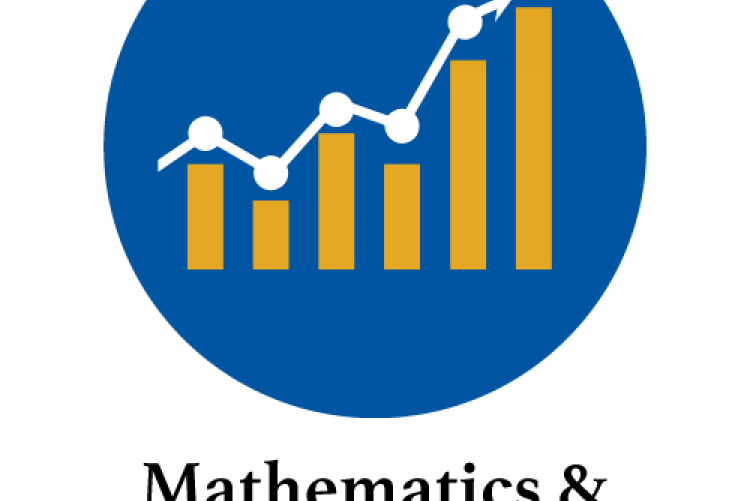The differences between mathematics and QR create a strong complementarity between the two disciplines. For example, QR emphasizes specific context while mathematics wrestles with generalizable abstractions. QR includes finding, interpreting, and using "dirty," real-world data--data which may include missing values, may not match theoretical constructs, may be dominated by outliers, or may be of questionable reliability. From these imperfect data, quantitatively literate students often use inductive reasoning (sometimes through formal statistics) to better understand the problem of interest. By contrast, mathematics generally begins with "clean" postulates and then uses deductive reasoning to generate conclusions.

